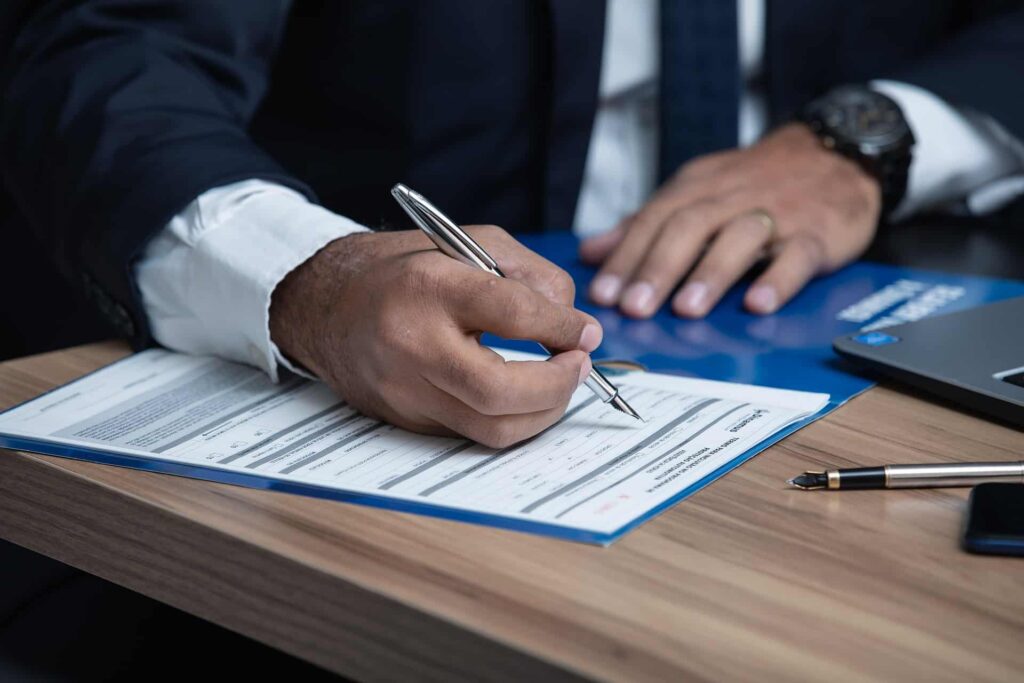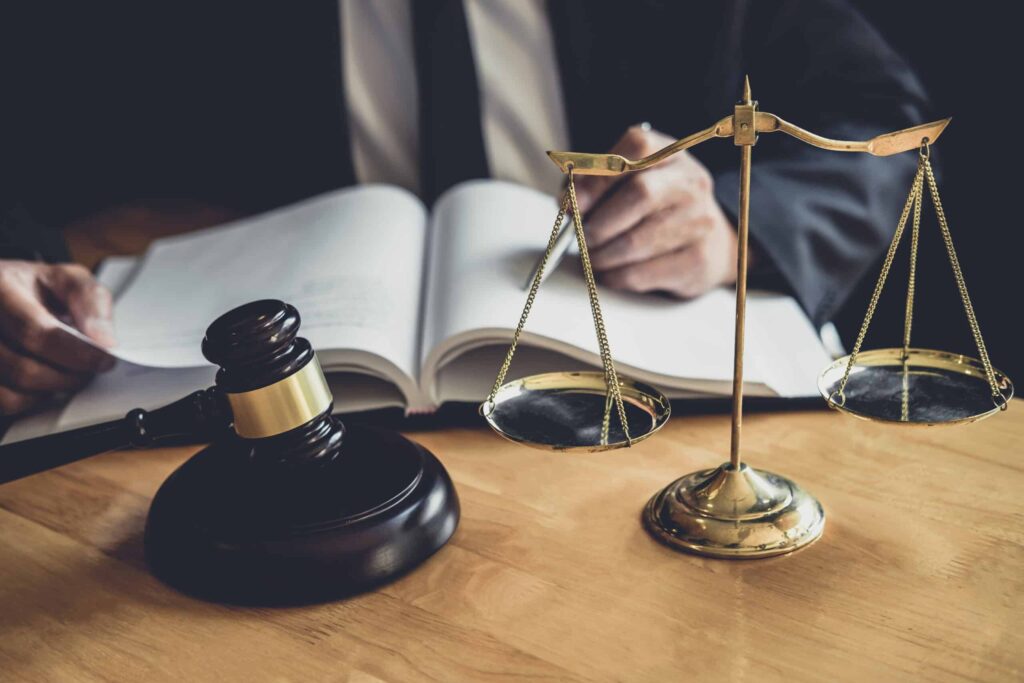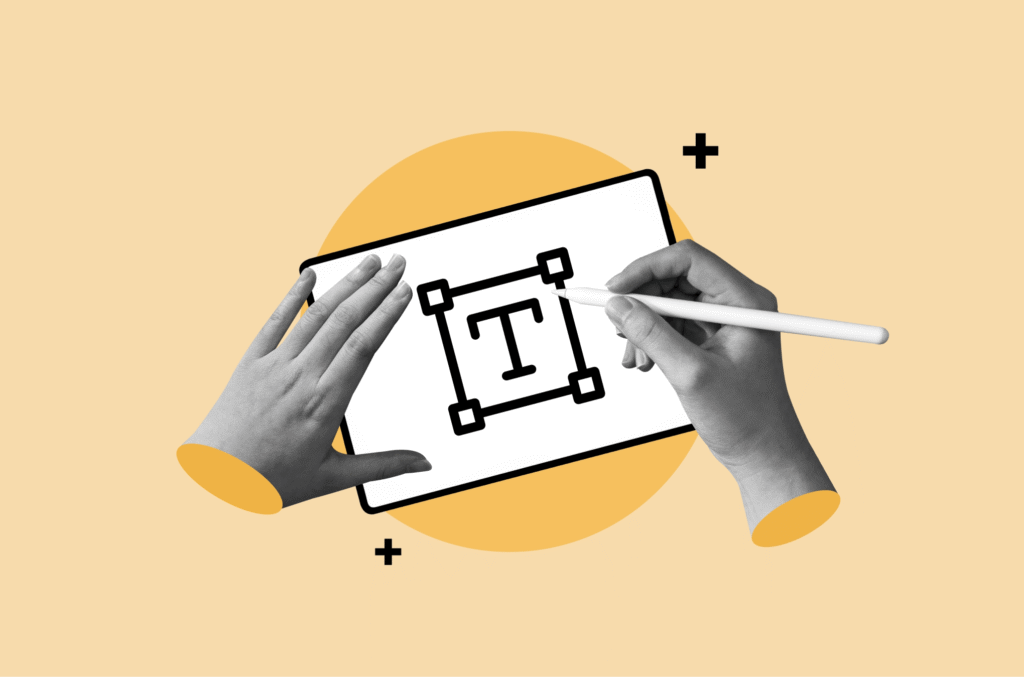Facing financial challenges can be overwhelming. If you’re in Central Florida, understanding Chapter 7 Bankruptcy is crucial. This legal path gives you a fresh start by erasing most debts. Orlando residents have specific guidelines to follow. While it might feel daunting, knowing the steps can relieve stress. You deserve clarity on what this means for you and your family. Chapter 7 Bankruptcy involves liquidating assets to pay creditors. Yet, many essentials remain protected. Not every debt will disappear, and knowing which ones stick is critical. Chapter 7 Business Bankruptcy differs slightly, often involving business assets. Your situation dictates whether personal or business filing suits your needs. Rest assured, you’re not alone. Many in Orlando have walked this path before you. Facing this head-on brings empowerment. Understanding each step strengthens your position. You can rebuild. You can regain control. This journey marks a new beginning. Take it one decision at a time.
Understanding Chapter 7 Bankruptcy
Chapter 7 Bankruptcy, also known as liquidation bankruptcy, helps individuals reset their financial lives. When you file, a trustee sells your non-exempt assets. These funds pay off creditors. However, Florida law protects many of your essentials. For example, your home equity, certain personal property, and benefits like Social Security are safeguarded. Each case is unique. Therefore, understanding what remains intact is essential for planning your future.
Eligibility Criteria
Before filing, confirm your eligibility. The U.S. Courts require you to pass a means test. This test compares your income to the median income in Florida. If your income is below the median, you qualify. If your income is above, other calculations determine your eligibility. Being clear on these requirements early simplifies the process.
The Filing Process
Filing for bankruptcy involves several steps:
- Gather all financial documents: income, expenses, debts, and assets.
- Complete a credit counseling course from an approved provider.
- File your petition with the local bankruptcy court, including all required schedules and statements.
- Attend a meeting of creditors, known as the 341 meeting, where the trustee and creditors may ask questions about your situation.
What Happens to Your Debts
In Chapter 7, many unsecured debts like credit cards and medical bills disappear. However, some debts remain. These include student loans, child support, and certain tax obligations. Understanding which debts are discharged helps set realistic expectations.
Comparison of Exempt vs. Non-Exempt Assets
| Exempt Assets | Non-Exempt Assets |
| Homestead Property | Second Homes |
| Primary Vehicle | Luxury Vehicles |
| Qualified Retirement Accounts | Investment Properties |
Impact on Your Credit
Chapter 7 Bankruptcy impacts your credit score. It remains on your credit report for up to ten years. However, this does not mean you cannot rebuild. Many find they can start rebuilding credit within a few years by establishing new habits and making on-time payments.
Life After Bankruptcy
Life after bankruptcy opens a path to financial recovery. Start by creating a budget. Understand your needs and avoid unnecessary debts. Consider financial education courses. These resources teach you valuable skills for better money management. Remember, bankruptcy is a tool that helps many regain financial stability and peace of mind.
Seeking Professional Help
Navigating Chapter 7 Bankruptcy can be complex. Legal assistance ensures that you comply with all requirements. Attorneys offer guidance that protects your interests. Additionally, they help clarify any confusion, making the transition smoother for you and your family.
In conclusion, Chapter 7 Bankruptcy offers a pathway to financial freedom. While the process may seem daunting, you have resources that can guide you. Each step you take brings you closer to stability. Remember, countless others in Orlando have successfully emerged from similar situations. You too can find relief and begin anew.





